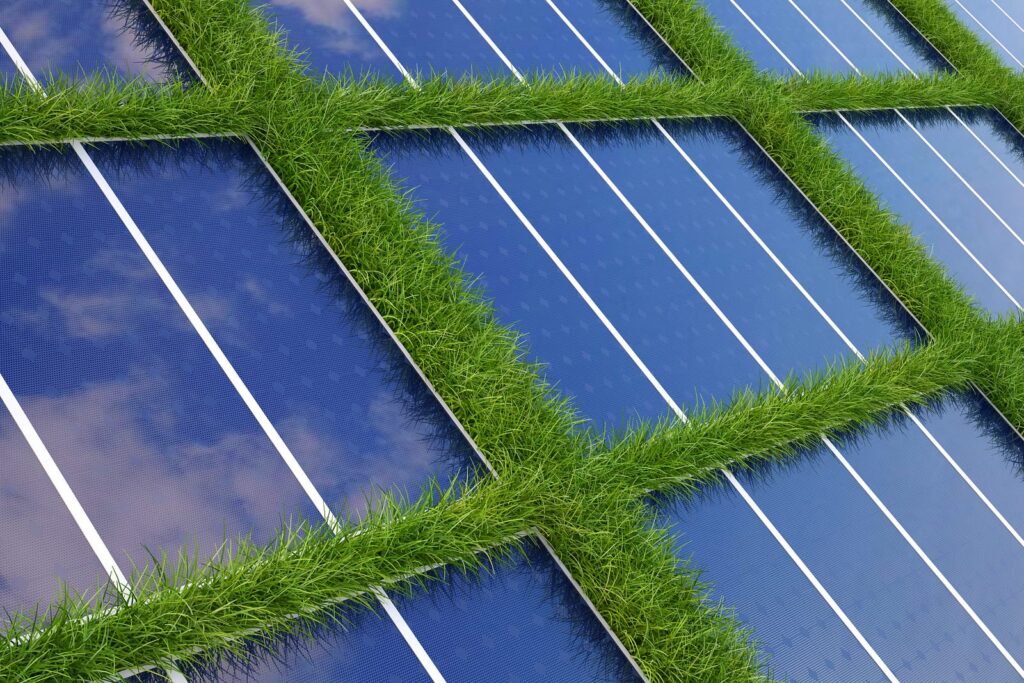Photovoltaic (PV) power is often considered “green” and “low-carbon” due to several environmental benefits associated with its generation process.
- Renewable Energy Source:
- PV power is generated from sunlight, which is a renewable and virtually inexhaustible energy source. Unlike fossil fuels, which are finite and contribute to resource depletion, solar energy is continuously available as long as the sun shines.
- Reduced Greenhouse Gas Emissions:
- PV systems generate electricity without emitting greenhouse gases (GHGs) during operation. Traditional fossil fuel-based power generation, such as coal or natural gas, releases significant amounts of carbon dioxide (CO2) and other pollutants into the atmosphere, contributing to global warming and air pollution.
- Low Carbon Footprint:
- The carbon footprint of PV power is primarily associated with the manufacturing, transportation, and installation of solar panels. While there is an initial energy investment in producing solar panels, studies have shown that over the lifetime of a PV system, the emissions associated with electricity production are much lower compared to fossil fuel-based power generation.
- Energy Payback Time:
- PV systems have a relatively short energy payback time—the time it takes for a solar panel to generate the amount of energy equivalent to what was used in its production. Advances in solar technology and more sustainable manufacturing processes have contributed to reducing the energy payback time, making PV systems increasingly environmentally friendly.
- Reduced Air and Water Pollution:
- Unlike fossil fuel power plants that release pollutants into the air and water, PV systems operate without emitting harmful pollutants. This contributes to improved air and water quality, benefiting both human health and the environment.
- No Resource Depletion:
- Solar energy relies on sunlight, which is not depleted with use. In contrast, fossil fuels are finite resources that are subject to depletion. By using solar power, we can avoid contributing to the depletion of non-renewable resources.
- Silent Operation:
- PV systems operate silently, unlike some conventional power plants that can produce noise pollution. This feature makes solar energy installations more compatible with residential and natural environments.
While PV power is considered environmentally friendly, it’s important to acknowledge that the production and disposal of solar panels involve some environmental impact. Efforts are ongoing to improve the sustainability of the entire life cycle of PV systems, from manufacturing to end-of-life recycling.
The environmental benefits of PV power make it a key player in the transition to a more sustainable and low-carbon energy future, contributing to efforts to mitigate climate change and reduce dependence on polluting fossil fuels.


